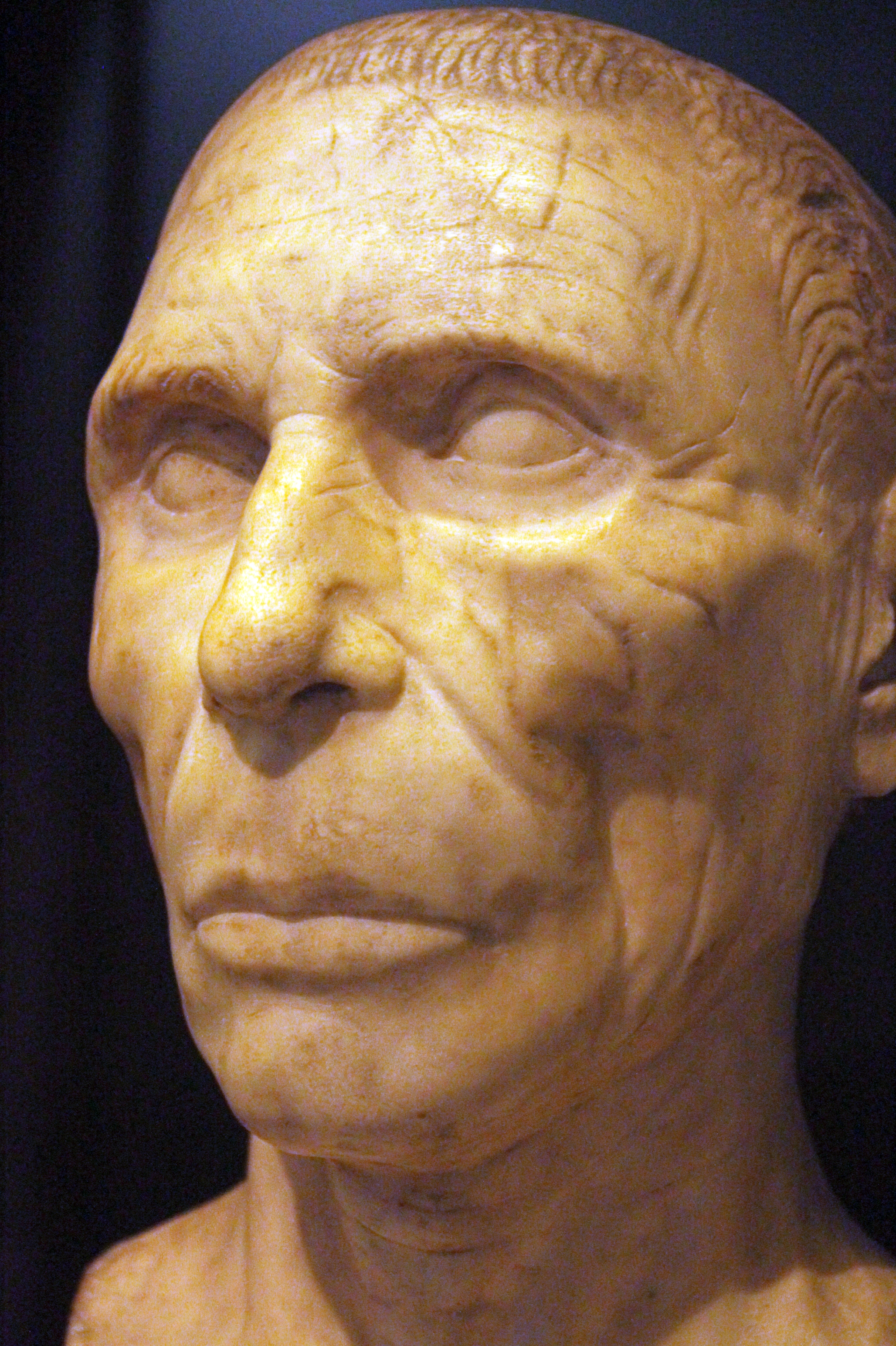Seneca the Elder, Historical Fragments, 1 [=Lactant. Inst. Div. 7.15.14]
“Seneca outlined the periods of Roman history in “life-stages”. The first was her infancy under the king Romulus, who parented Rome and educated her. Then there followed a childhood under various kings thanks to whom the city grew and was shaped by many practices and institutions. Then, while Tarquin was king and Rome began to become more adult, it could not endure servitude and, once the yoke of arrogant rule was thrown off, preferred to heed laws instead of kings.
Once the Roman adolescence ended with the close of the Punic war, it began to show the full strength of adulthood. For, when Carthage was subdued, that city which was an ancient rival for power, Rome extended her hands over the whole earth, both land and sea until every king and nation had bent to her power.
But, since there was no reason left for wars, Rome began to use her strengths poorly and wore herself out. This was the first step of old age: when Rome was wounded by civil wars and suffering from internal evil, she returned again to the practice of individual rule, as if she had devolved into a second infancy. Thus she lost the freedom which she defended when Brutus was its agent and champion and grew weak in old age, as if she had not the strength to support herself unless she could use the ‘cane’ of kings.”
Seneca Romanae urbis tempora distribuit in aetates; primam enim dixit infantiam sub rege Romulo fuisse, a quo et genita et quasi educata sit Roma, deinde pueritiam sub ceteris regibus, a quibus et aucta sit et disciplinis pluribus institutisque formata. At vero Tarquinio regnante, cum iam quasi adulta esse coepisset, servitium non tulisse, et reiecto superbae dominationis iugo maluisse legibus obtemperare quam regibus, cumque esset adulescentia eius fine Punici belli terminata, tum denique confirmatis viribus coepisse iuvenescere. Sublata enim Carthagine, quae diu aemula imperii fuit, manus suas in totum orbem terra marique porrexit, donec regibus cunctis et nationibus imperio subiugatis, cum iam bellorum materia deficeret, viribus suis male uteretur, quibus se ipsa confecit. Haec fuit prima eius senectus, cum bellis lacerata civilibus atque intestino malo pressa rursus ad regimen singularis imperii recidit quasi ad alteram infantiam revoluta. Amissa enim libertate, quam Bruto duce et auctore defenderat, ita consenuit tamquam sustentare se ipsa non valeret nisi adminiculo regentium uteretur.

